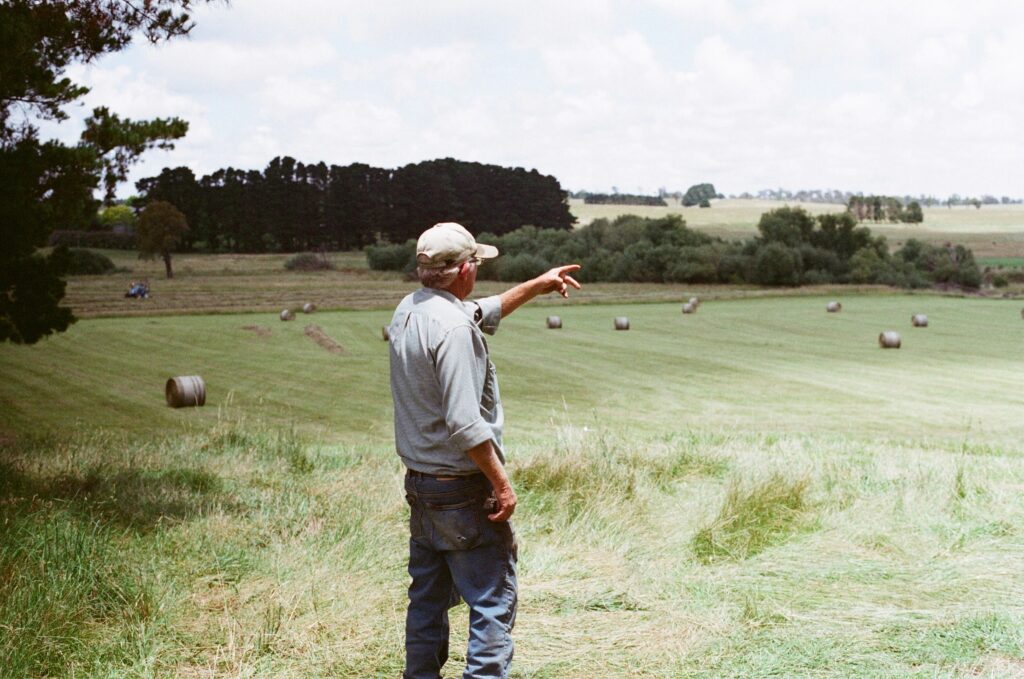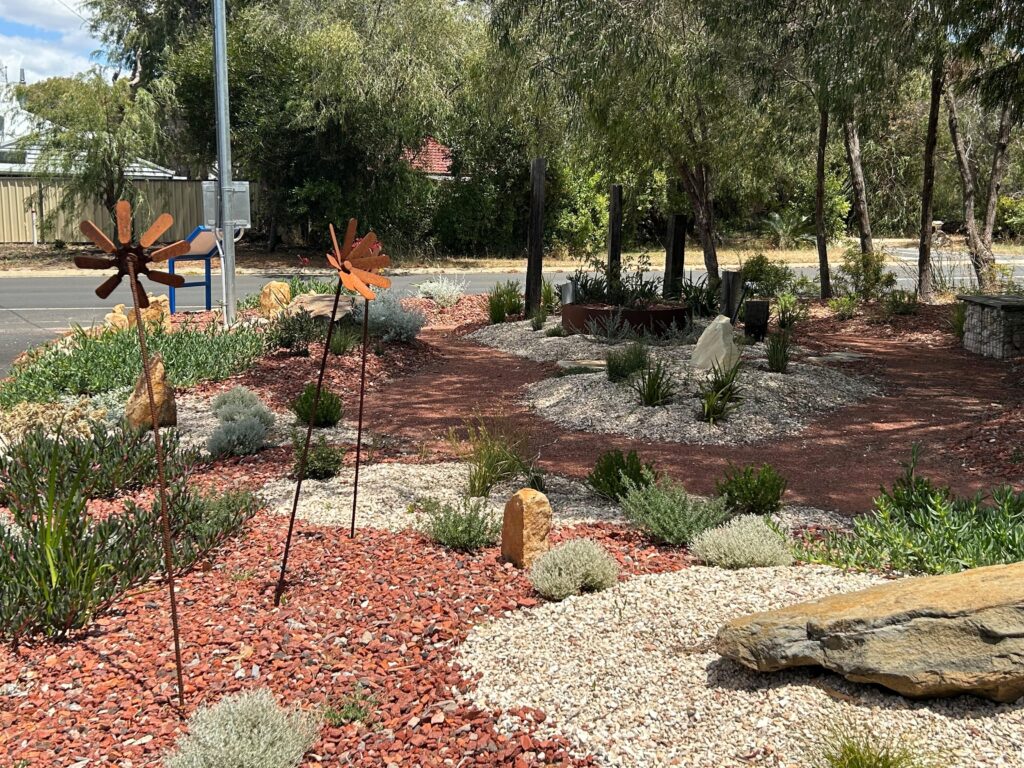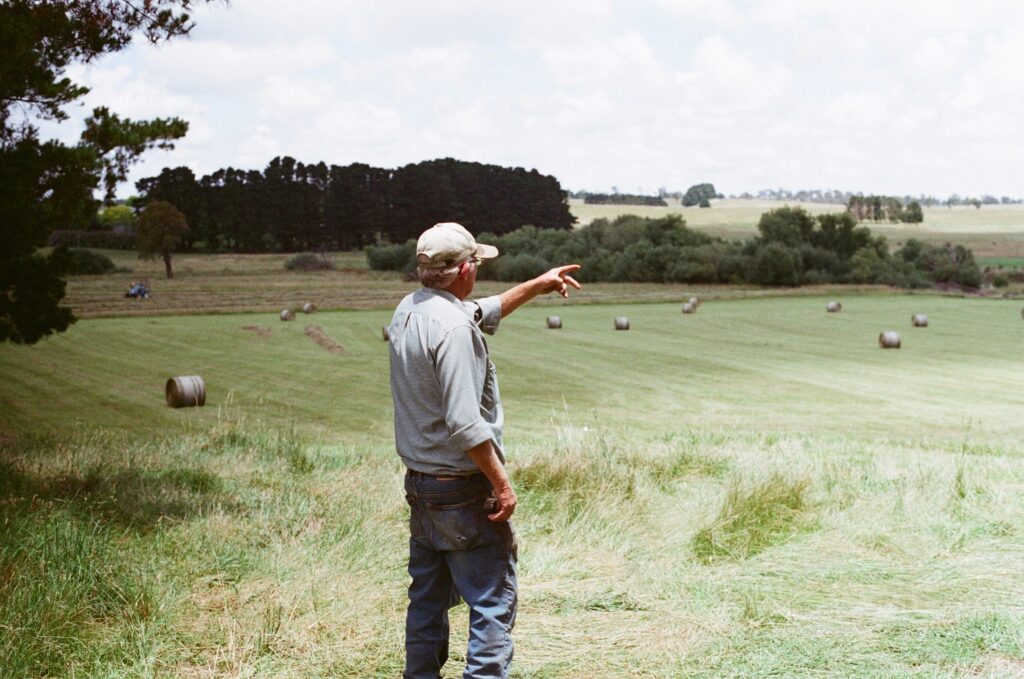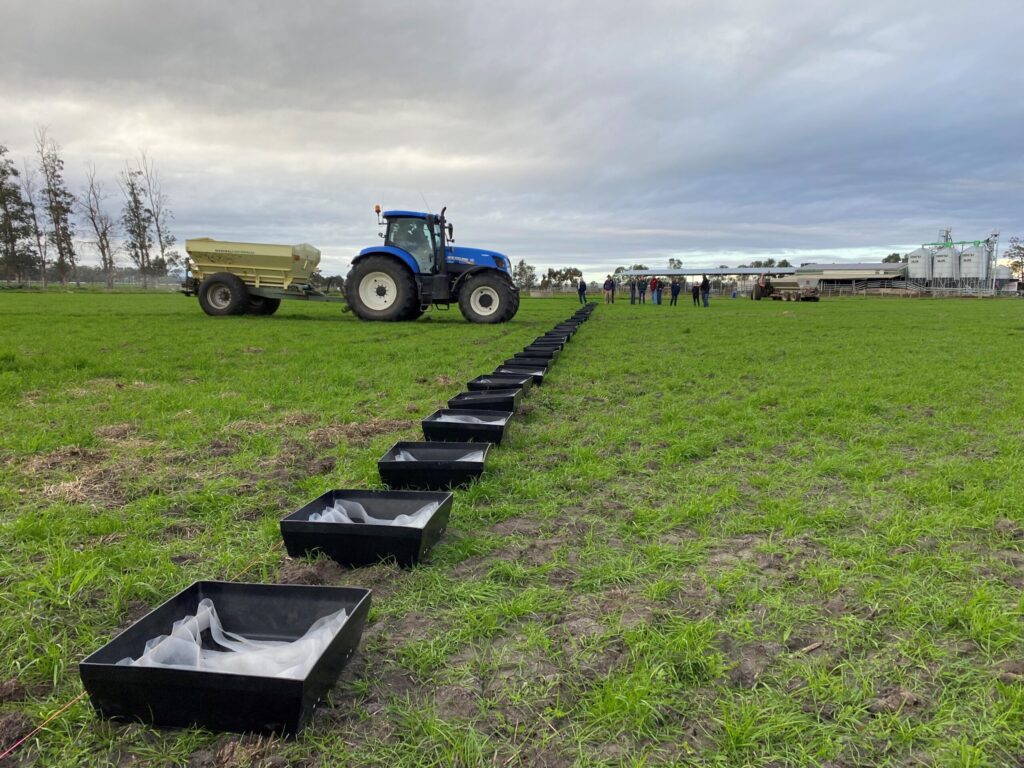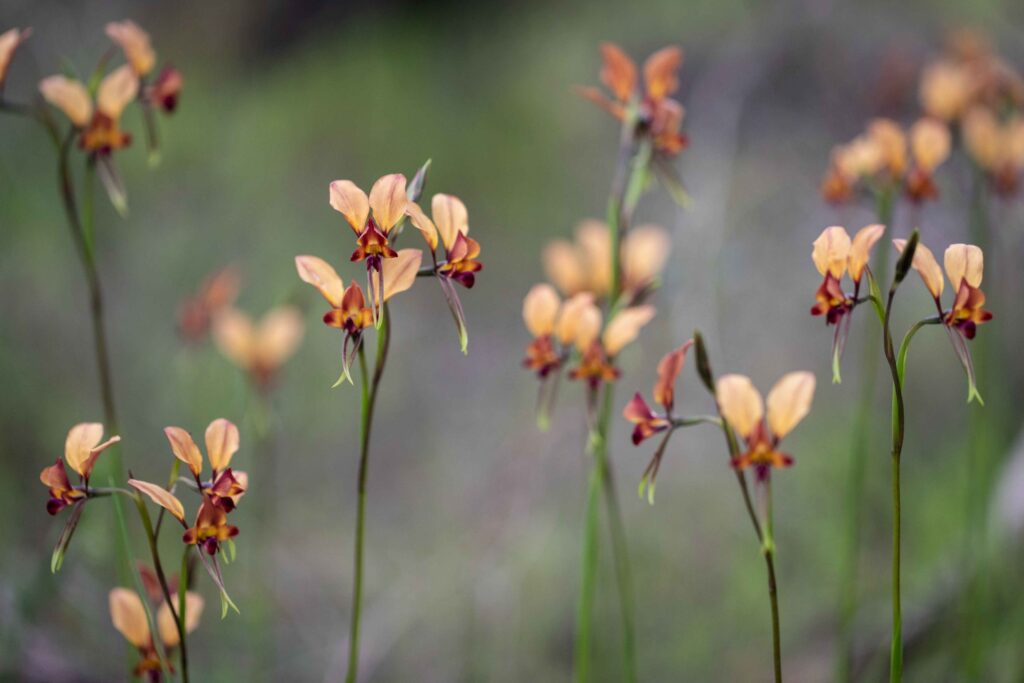February is traditionally the hottest month of the year, and after the last couple of weeks, nobody can dispute that. Our gardens are taking a hit during these scorchers, and those not prepared or built to withstand high temperatures, radiant heat and hot drying winds will be faring the worst.
It is heartbreaking to lose plants that you have chosen carefully and nurtured – sometimes a plant can be happy one day and turn up its toes the next. Generally, in summer, this all comes down to moisture and that it is available in the root zone for plants to take up when needed.
Plants need water when they are using sunlight to photosynthesise, a process which uses water and sunlight for plant growth. If plant roots dry out, the plant stops growing and it can take up to a fortnight for growth to begin again.
In the Geographe Catchment, most of our soil is sandy, meaning it cannot hold onto water and the water you apply just passes on past the plant roots to the groundwater. Our sandy soil is also hydrophobic, meaning the soil is coated in a wax that stops the water from even soaking into the ground, it just runs over the surface.
For your garden to sustain growth and survive a hot summer, the soil must be improved so it can retain the water you apply.
These are Bay OK’s top tips to help your garden get the water it needs and survive the heat:
- Give your lawns and gardens a deep watering early in the morning. A deep watering twice a week will grow plants with deep and strong root systems. Watering in the early morning will ensure plants have the water for the start of their day.
- Mulch bare soil in your garden beds and pots to insulate the topsoil from scorching heat. A 7.5cm layer of a coarse chunky mulch will allow water to trickle down to the soil surface and soak in. Select a product that will lighten to a pale colour and reflect radiant heat. Not the black stuff!
- Apply a soil wetting agent up to four times between October and March. Soil wetter will break down waxes so water can be absorbed into the soil, making the most of every drop of water you apply.
- For dead patches in lawns, sprinkle with some soil wetter and a compost and gently water in – works like magic! Compost is full of microbes that are responsible for the soil activity to support plant growth.
- Add clay to your garden beds and lawn areas. Clay is very fine and holds water in the soil profile. Whilst planting new plants during summer is not recommended (their unestablished root systems cannot cope with the plant’s water demand), when you do replace plants or plant new areas, plant into a hole using a mix containing clay, compost and soil wetter.
- Select native plant species that are adapted to surviving in heat and with lower water demand. These species are those with tougher and smaller leaves, silver in colour and with fine hairs. All of these features help reduce water loss and sun damage.
- Don’t bother with fertiliser! In summer, plants are just trying to survive – they are not growing much and therefore don’t need feeding. Fertilisers are salts, and root exposure to high concentrations impedes uptake of water causing wilted foliage and stunted plant growth.
The Bay OK Gardens project regularly holds workshops to promote and teach actions that protect Geographe Bay and the waterways that flow into it. More information about these summer gardening tips, Bay OK gardening and event announcements can be found at geocatch.asn.au.
This project is supported by Healthy Estuaries WA and Revitalising Geographe Waterways programs. These State Government initiatives aim to support the long-term health of our south-west estuaries.

